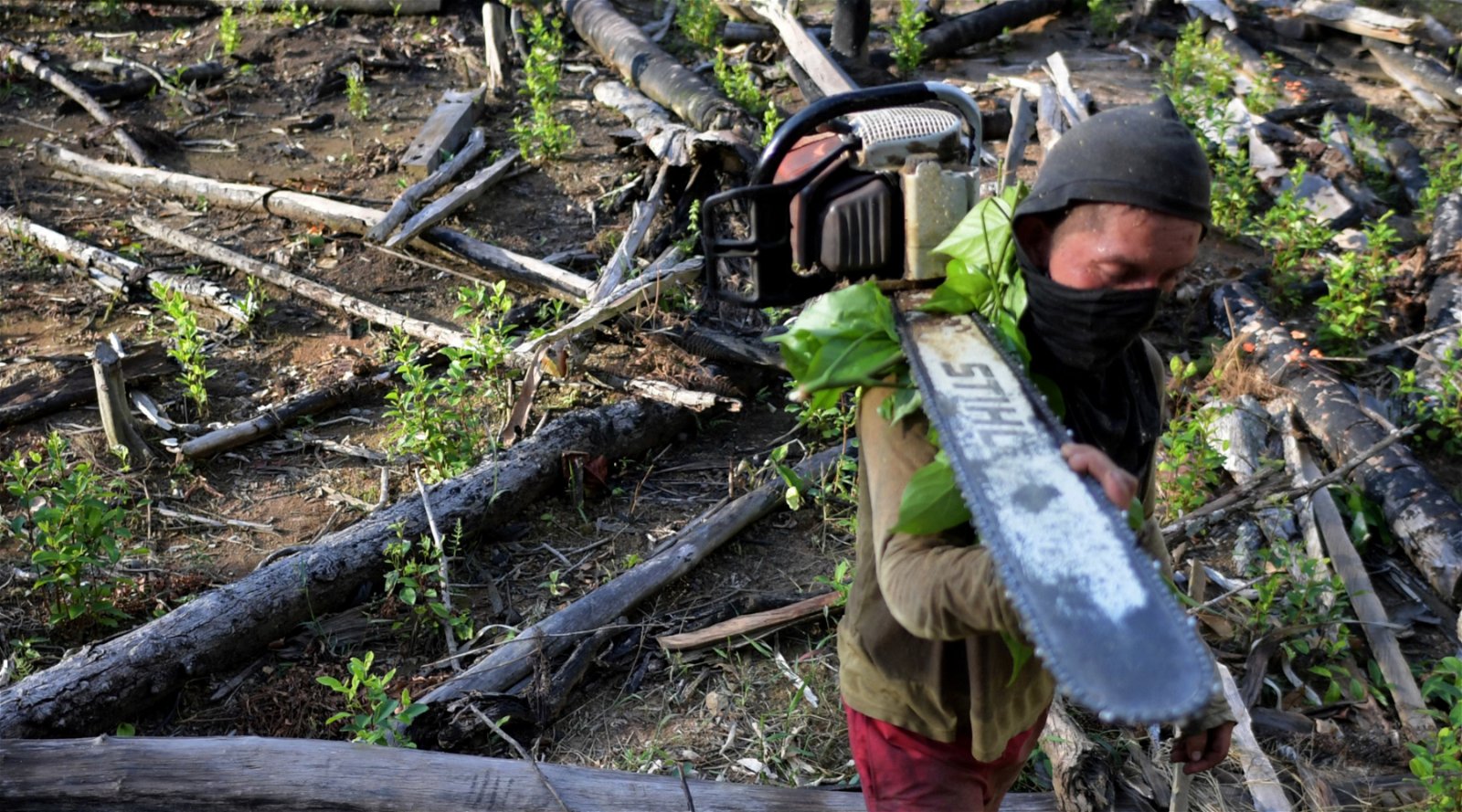
Is trade between the EU and South America hindered by the environment?

Trade talks between the European Union and South America’s four biggest economies are raging after Brazil condemned attempts by Brussels to include environmental obligations in an export deal.
Why is this important?
Europe plays a major role in global deforestation. According to research by WWF, the EU was responsible for more than 16 percent of deforestation in 2016. That is why Europe is trying to make its foreign policy as “green” as possible.Essence: The European Union said last month that the four Mercosur countries – Brazil, Argentina, Uruguay and Paraguay – must commit to binding measures to curb deforestation in their countries before the new trade deal is ratified.
- A senior Brazilian diplomat said Financial Times that Brasilia was “not happy” with Brussels’ approach. “It’s the same old tactics and rhetoric to gain influence, but it doesn’t work,” the official said on condition of anonymity.
- The trade agreement took a total of 20 years to complete and was finally concluded in 2019. However, after France sought a firm commitment from Brazil to protect the Amazon, its approval remains incomplete. Before that, Paris did not want to commit to the agreement.
Lula
- In early March, the EU sent a letter to Mercosur members asking them to sign the trade deal.
- In that letter, he saw Financial Times, both parties are invited to commit to the actions of the Paris Climate Agreement. The letter also includes an obligation to respond to “any further decisions” by the UN regarding the climate agreement.
- EU Trade Commissioner Valdis Dombrovskis sees new Brazilian President Lula da Silva as the best person to sign the trade deal.
- Lula has repeatedly vowed to protect the Amazon after deforestation reached new heights under his predecessor, Jair Bolsonaro.
- However, environmental responsibilities are not warmly received in Brasilia.
- “They are trying to turn the Paris Agreements into binding obligations, which serve no purpose. Side letter will fall,” said the Brazilian official. “A Side letter Intended to clarify matters already agreed upon. It is not intended to make new commitments.
Re-negotiate
- Brazil believes that new additional environmental obligations should be reconsidered.
- However, Brussels is reluctant to do so, fearing that member states that have for some time resisted the pledge may once again seize the opportunity to reshape it.
- The Netherlands and Austria spoke out against the deal last year, arguing that more imports from South America would cause EU consumers to be responsible for deforestation on the continent.
- EU agricultural bodies oppose more beef imports from the region, while Mercosur governments are wary of opening their markets to EU industrial products.
- vs Financial Times An EU ambassador says there is opposition to the deal in many Latin American countries, but hopes for a successful outcome.
- The European Commission says it is awaiting Mercosur’s response to its proposal.
(grey)

“Coffee fanatic. Friendly zombie aficionado. Devoted pop culture practitioner. Evil travel advocate. Typical organizer.”
